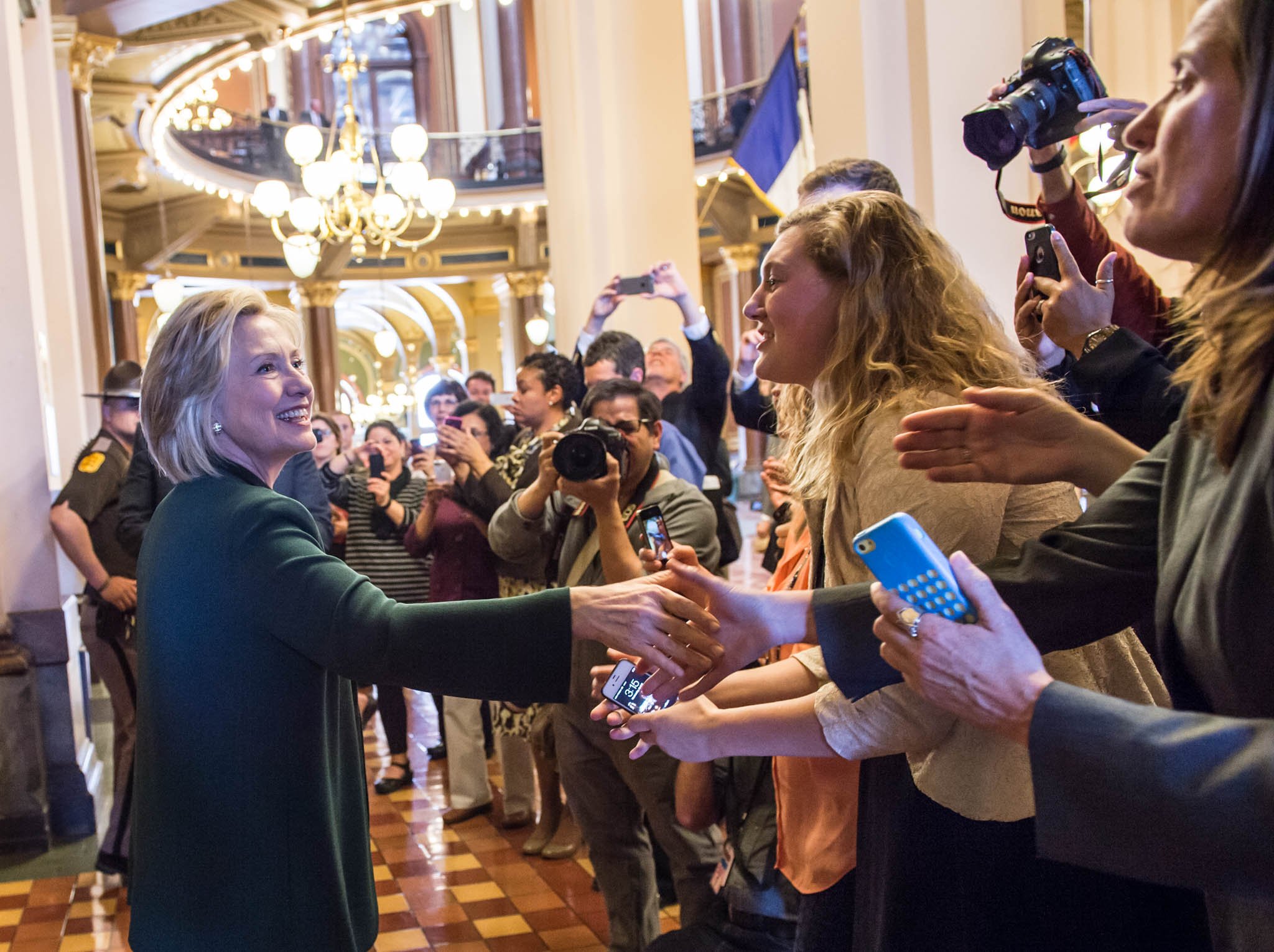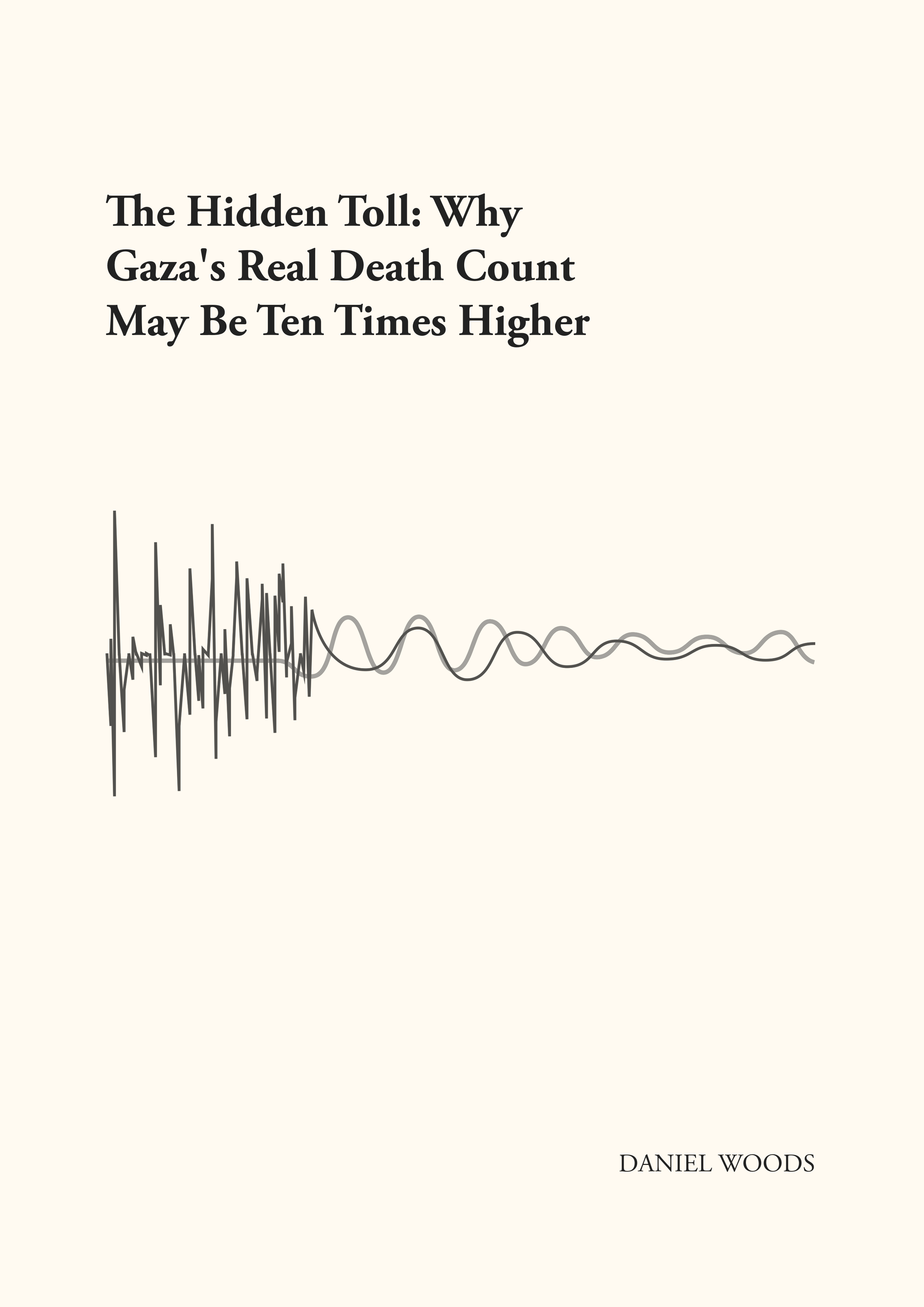Essays
-
Essays -
Discover the emerging Neo-Americana literary movement that's revolutionizing contemporary American fiction through innovative ergodic storytelling techniques. This comprehensive analysis by Daniel Woods explores how authors are integrating authentic historical documentation—primary sources, photographs, government documents—directly into fictional narratives to create revolutionary reading experiences.
Learn how Neo-Americana differs from traditional American literature, why ergodic theory matters for modern storytelling, and how this movement resists institutional sanitization through randomized distribution methods. Woods examines the historical context from Mark Twain to John Steinbeck, explaining how contemporary authors can avoid the co-optation that neutralized previous literary movements.
Essential topics covered: ergodic literature theory, historical fiction methodology, anti-establishment writing techniques, temporal architecture in storytelling, and the future of politically engaged American literature.
Perfect for literary theory students, contemporary fiction writers, and American literature enthusiasts.
In "The Liberal Trap," Daniel Woods reveals why American politics feels broken. The term "liberal" has been weaponized to merge two contradictory belief systems: social liberalism (championing human equality and workers' rights) and economic liberalism (prioritizing corporate profits and deregulation). This impossible combination explains why politicians like Obama and Clinton sound progressive but govern conservatively. Woods traces this contradiction back to Enlightenment philosophers like John Locke, who argued against slavery while profiting from it. Modern "liberals" force the same hypocrisy on voters. Woods argues that recognizing this trap is the first step toward genuine political awakening and effective resistance to corporate domination.
A poetic manifesto about how true art emerges from resistance against systems that try to contain it, exploring AI's role in either facilitating or suppressing creative rebellion. A call to arms for artists to reclaim AI technology from corporate control, positioning creative resistance as the defining characteristic of authentic art.
In this fierce political critique, Daniel Woods argues the Democratic Party has fundamentally betrayed its working-class base over the past decade. He cites specific failures including inadequate response to Palestinian genocide, the economically devastating TikTok ban affecting 2 million small businesses and $10 billion in revenue, and systematic corruption where party leaders profit from stock manipulation while constituents struggle economically. Woods contends that Democrats have capitulated to Republican ideology, making strategic errors like handing Trump easy political victories. He describes an economy under strain where safety nets have collapsed while party elites grow wealthy. The essay concludes with Woods declaring the Democratic Party no longer exists in any meaningful sense and announcing his withdrawal from electoral participation, arguing the party no longer deserves working-class support.
Fiction
&
Prose
-
Fiction & Prose -
In the infinite darkness of space, something ancient and terrible awaits the crew of Marcella. What begins as routine navigation problems escalates into cosmic horror when they discover they've collided not with debris, but with human remains—flesh and bone floating in the void, light-years from any inhabited world.
The ship's sensors reveal a creeping dread: they're surrounded by an invisible graveyard, the scattered remnants of an Earth warship and its crew, preserved in space for nearly three millennia. As Marcella's hull begins failing under mysterious impacts, the crew realizes they're being slowly absorbed into this floating necropolis.
The evidence mounts with each discovery—a fingernail embedded in their plating, radioactive buttons bearing ancient military insignia, organic matter fused with their ship's structure. The dead are claiming the living, piece by piece. In the crushing darkness, past and present merge as the crew faces the terrifying possibility that they too will join the eternal drift of corpses and metal, becoming part of the very graveyard that now hunts them through the merciless void.
As Senator Alejandro Ángel Ramos-Alejo lies dying in a New Mexico hospital, watching the January 6th insurrection unfold on television, his mind cycles through the moments that shaped him: the My Lai massacre, his family's history surviving La Matanza, riding a Greyhound to protest Vietnam with underground newspapers. His family's story is America's story from the bottom up—but he chose Washington over the streets, believing he could change the system from within. Now, abandoned by his aide and facing death, he confronts a haunting possibility: was his entire career just another form of extraction?
"Blackshot Battalion" presents a vision of near-future America where corporate techno-feudalism has
replaced democratic governance, told through the lens of mercenary firefighters navigating both literal
and metaphorical fires. The story explores themes of historical revisionism, corporate control, and the
erosion of collective memory while examining how truth becomes malleable in the hands of those who
control information systems.
Then the crew was running, sprinting as fast as they could under the bulk of gear they carried on their persons. It was only seventy-five, maybe a hundred yards to the dozer-line cut across the ridgeline yesterday and as one the crew surged upwards toward it.
A haunting anti-war prose poem that chronicles the inexorable march of empire, following the journey from distant conflicts to domestic upheaval as "the machine" demands its toll of young lives. Through visceral imagery and prophetic warnings, Daniel Woods crafts a devastating meditation on imperial collapse, generational sacrifice, and the inevitable homecoming of violence.
"On The Grind" is a haunting short story that follows Ferris Hatcher, a family farmer facing the systematic destruction of her livelihood by agricultural conglomerates. Set on a ten-thousand-acre farm, the narrative explores the intersection of economic violence, generational trauma, and corporate consolidation in modern agriculture. Through Ferris's struggle to sell her harvest, Woods weaves a powerful tale connecting contemporary agricultural challenges to the historical cycles of dispossession that began with post-Reconstruction violence against Black farmers in the American South.
Commentary
-
Commentary -
Taking all of the above into consideration – a two-year siege of 2.4 million people confined to a thin, 141mi² strip of land on the edge of their ancestral territory, 6 Hiroshima nuclear explosions worth of bombs and rockets, a slow-rolling onslaught of exponential disease and deprivation, and an international community holding local officials to a standard that demands conservative estimation – I find the 680,000 figure proposed by Polya-Hill to be a grim, conservative undercount.
The ongoing decimation of the Gaza Strip is something beyond contemporary parallel, a Black Swan event which lays bare the realities of modern warfare exercised against urban populations. With nowhere to go, the population of Gaza has been subjected to the most intense, devastating bombardment in history; a landscape with more than 17,000 people per square-mile in areas crushed beneath their homes, businesses, and schools.
The advertisers are either out-of-touch or completely aware of what current cultural trends are across our nation. White supremacy – a concept taught as dead at the turn-of-the century – has returned to the mainstream in force, and media and advertisers are taking notice. American Eagle is testing the waters for its peers under the cover of “edginess,” seeing just how far the Window has now shifted.
This is the underlying issue with the ad. It isn’t that it uses White-identity politics and racial history to sell jeans, but that there might be a defined target group for that advertisement. We know that the core audience of White supremacy in the US is empowered unlike ever before in our lifetimes, feel that this isn’t just edge-lording no matter what the intent.
The 2025 strikes on Iran revealed a uncomfortable truth: America's most advanced weapons are no match for simple tunnel networks. This analysis explores how underground warfare—from Hamas's Gaza labyrinth to Ukraine's defensive tunnels—is systematically neutralizing high-tech military superiority. A superpower built on technological dominance faces an ancient defensive strategy it cannot overcome.
For years, China has led the world into a fairer trade system through huge investments in soft power capital. Through the creation of BRICS, China and its partners proved that the days of the IMF and US-dominated trade agreements are over, that a nation need not sell the soul of its people to Western companies and US dollars. This is why we do not stand a chance in a trade war with China. Where our international trade policy is based on whims from different Capitalist administrations and their benefactors, China’s is based on a scientific, practiced understanding of how global trade politics work; where we have a stable of supplicant stooges, they have the brightest minds in economics who have trained in the best universities across the world. The likes of speculators like Elon Musk, Peter Navarro, or Scott Bessent are no match for a purpose-built national policy aimed against the antics of them and their ilk.
The recent escalation in Yemen marks the beginning of a new phase in global conflict, driven by the Trump administration's efforts to assert power and expand US involvement in the Middle East. This shift follows the withdrawal from Afghanistan and aims to strengthen ties with Israel amid rising regional tensions. Domestically, the administration seeks to consolidate power by targeting gangs and cartels, while using the conflict to justify broader actions. Canada, in response, is distancing itself economically and diplomatically from the US, signaling a potential shift in North American alliances.














As the government consolidates power for itself, the GOP, and the coming Trump aristocracy, the welfare of the general people has fallen into a state of such disrepair that it exists as little more than shredded wisps of what once was. My own generation – raised as we were on picket ideals and universal justice and perpetual prosperity for all – saw but a glimpse of what was once within reach for all in our nation regardless of race, orientation, identity, or creed. Today, a near half-century of austerity has finally crept from its deregulatory cocoon in the form of inequality and impoverishment for all.